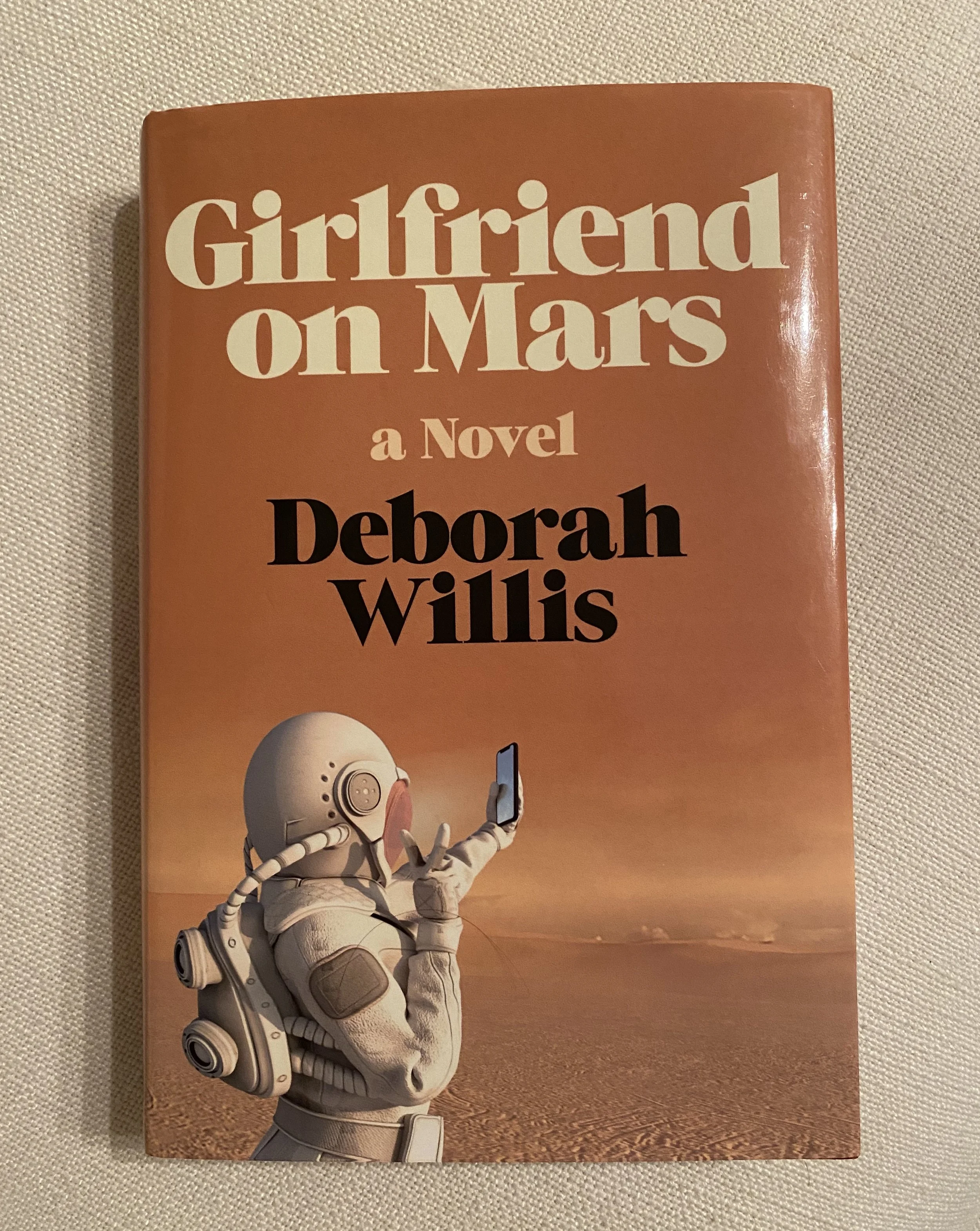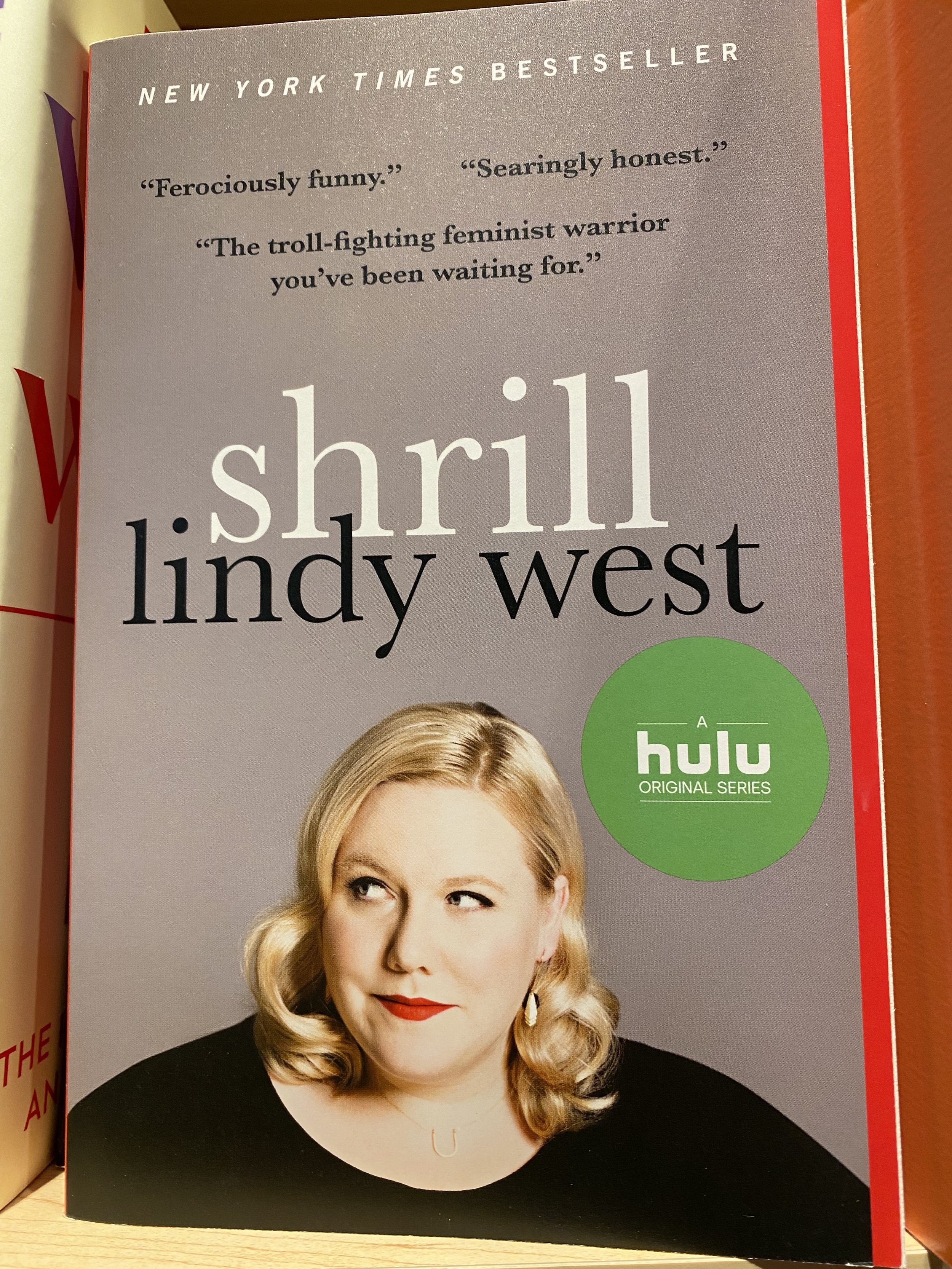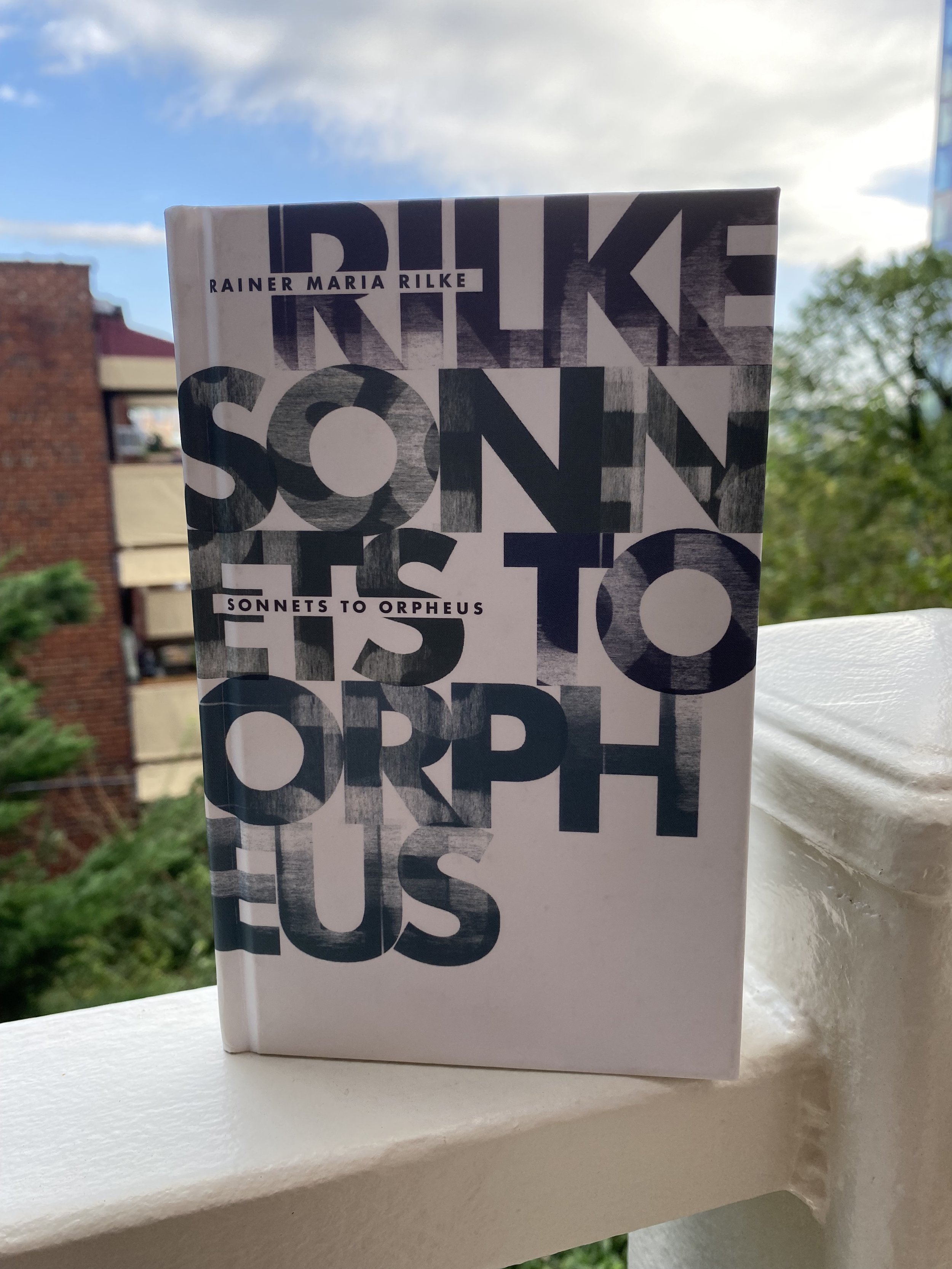4/5 stars
What's it about? In a not-so-alternate America, incarcerated people can win their freedom by fighting to the death in gladiatorial matches. The novel centers on lovers and beloved fighters Loretta Thurwar and Hamara “Hurricane Staxxx” Stacker, with diversions to other characters to round out the brutal landscape of bloodsport: fellow participants killing to save themselves, fans Wil and Emily, protestors Kai and Nile, and the suits and ties behind the horrific Criminal Action Penal Entertainment (CAPE) program. A page-turner about humanity, survival, and oppression in America.
How’d I find it? Excitedly awaiting this book’s release after enjoying Friday Black, I picked up a copy at Solid State Books.
Who will enjoy this book? Those who enjoyed the horror and competition of The Hunger Games and Battle Royale will like this debut novel.
What stood out? Adjei-Brenyah’s world-building in Chain-Gang All-Stars generates a society both horrific and believable, bolstered by writing that is crisp and at times gorgeous. He makes his characters lovable; you’ll root for all of the CAPE fighters (except for Simon J. Craft perhaps). The sense of surveillance permeates the book: cameras flit around heads, “hard-action sports” announcers await their cues, viewers at homes binge series on wall-sized screens. My only beef is the heavy-handedness of the novel’s social justice bent; the statistics about the current prison system can feel like finger wagging.
Which line made me feel something? From the chapter titled “Sing-Attica-Sing”: “Does disappearing one person from the earth clean it some? I seen men I knew were a danger to the world and they too deserve better than this. A shame for me to hope for better, but I know it’s better that can be done. Ain’t no magic potions for these bleeding human hearts.”









